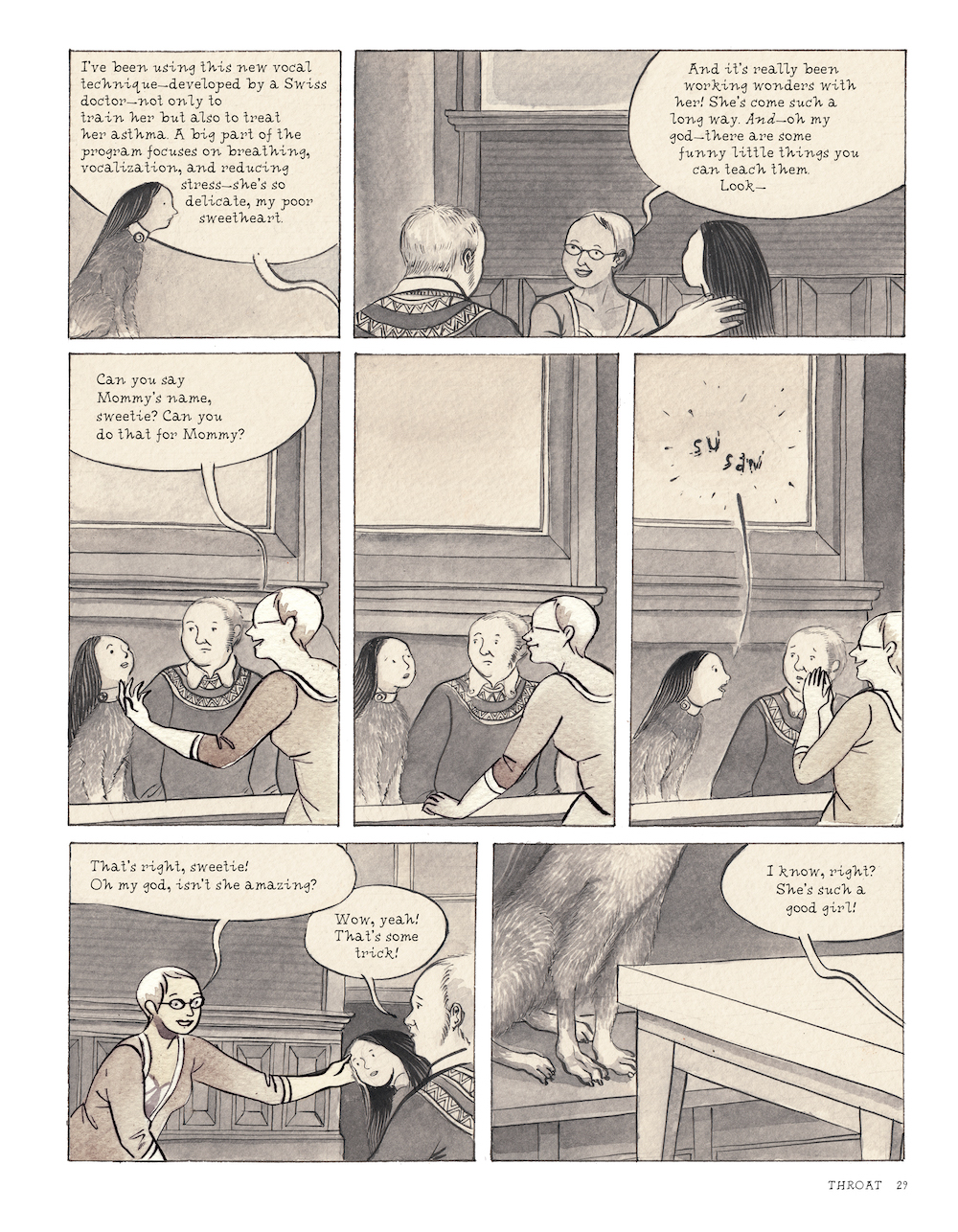
In some instances, they also present a disruptive force, you might say, an interruption within normativity. Whether the characters in my stories represent those apsaras, I’m not sure. Maybe they do and that representation has to do with queerness and femininity. But they don’t get their due in in literature and mythology and I wanted to see what happens if you moved these marginal figures into the spotlight. They are involved in dance and seduction. As celestial courtesans, they’re not quite deities. Which got me to thinking about apsaras, who are very feminine figures that are also slightly marginalized in Hindu mythology. How and why do you combine this mythological figure “apsara” with the technological term “engine?”īishakh Som: A series of older comics I made in the aughts were called Angel and I was thinking about what the Desi equivalent of angels might be. Your “apsaras” appear to disrupt the power of entrenched cultural and gender norms on the consciousness of characters.

The Rumpus: Let’s talk about the title of your graphic story collection, Apsara Engine. Within Hindu mythologies, apsaras are celestial courtesans. At times, these sexy female consorts are sent to earth by male gods to disrupt the meditations of hermits whose psychic powers begin to rival the gods.

One of the pleasures was in exploring the stylistic permutations and exciting pathways that her comics have taken over time. One of the challenges of conducting a Skype interview with Bishakh about her latest work was in translating the shared, familiar shorthand we have adopted through our long friendship and collaboration in poetry-comics.


In this conversation, Bishakh and I talk “Desi,” a term referring to homeland for diasporic South Asians, akin to the Italian paisano. Spellbound, a graphic memoir, is forthcoming later in 2020 from Street Noise Books. She is the co-author and illustrator of The Prefab Bathroom: An Architectural History (2014), and received the Xeric grant for her comic collection Angel (2003). Bishakh Som’s debut graphic story collection, Apsara Engine, forthcoming from Feminist Press tomorrow, conjures up shape-shifting global cities, erupting with queer intimacies and witty banter in eight eerie and tender stories.īishakh Som’s comics have appeared in the New Yorker, Boston Review, We’re Still Here: An All-Trans Comics Anthology, Beyond II The Queer Post-Apocalyptic & Urban Fantasy Comic Anthology, and The Other Side: An Anthology of Queer Paranormal Romance, among other publications.


 0 kommentar(er)
0 kommentar(er)
